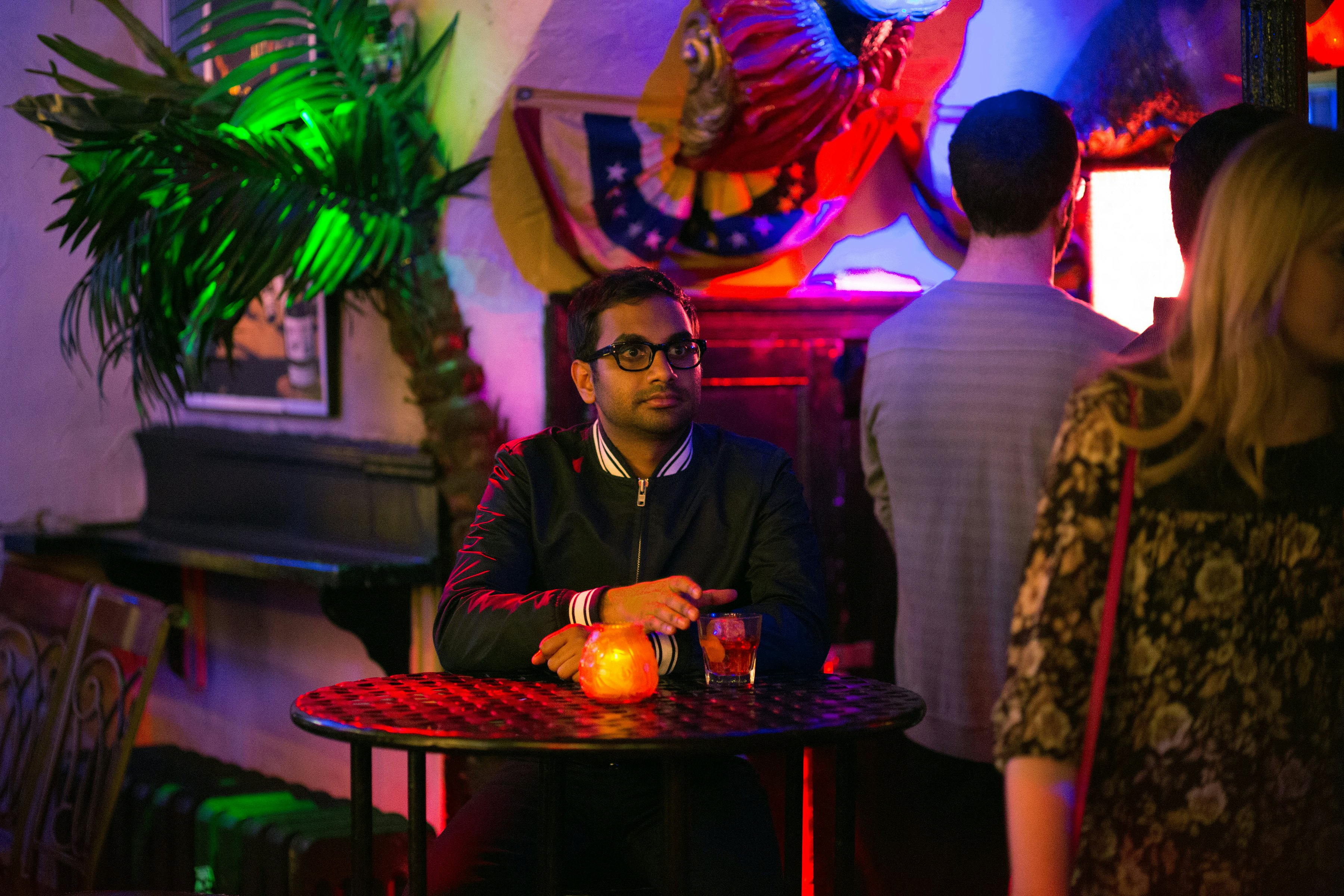

from Tamil Nadu, in Southern India, are the successful outcome of an arranged marriage. And, as a bonus, his parents, immigrants to the U.S. In the end, every dating tool is a means to a traditional outcome-a real, live, risky meeting! In fact, Aziz first met his steady girl, a pastry chef, through mutual friends before they began the texting dance between them (which he publishes in Modern Romance). “If we could have just one checkbox, it would say, ‘I want someone I have a very deep connection with and I can sit around having the most fun with- ever!’ ” His current love wouldn’t have made it through the filters he placed on his own online dating profile. “Who knows who you’re eliminating?” said Aziz. ’s own research algorithm confirms the surprising discovery that the partner people say they want online often doesn’t match up to the one they’re actually interested in. The person he truthfully described he wanted to find “was a little younger than me, small, with dark hair.” But the woman he’s been dating for the past two years and is now happily living with in Los Angeles is a little older, taller, and blonde. And we get ourselves wrong! When Aziz was writing stand-up about online dating, he experimented with filling out the forms of dummy accounts on several dating sites. We’ve become souls divided, he maintains, between the real self and the cell-phone self. It’s easier because you’re not going to hear the disappointment in their voice.” “It’s easier to send a text to split up with someone than to have a conversation and, you know, deal with the ramifications. He writes in Modern Romance that technology has turned his generation into “the rudest, flakiest people ever.” “I think our cell phones have given us the tools to be rude,” he explained (though he remains characteristically polite). Aziz, a romantic realist, sees the downside. Forster’s fabled 1910 epigraph, “Only connect,” has been transformed into a frantic Web search not only for relationships or marriage (or sex) but also for perfect love.


 0 kommentar(er)
0 kommentar(er)
